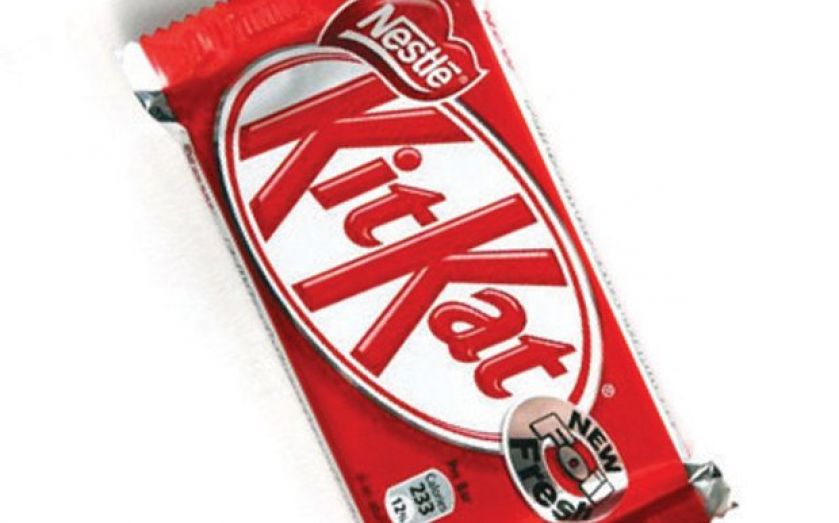Interest paid on Nestle’s debt turns negative

THE INTEREST on Nestle’s short-term euro-denominated bonds fell marginally into negative figures yesterday.
It could mark the first time in history the yield on a corporate bond has turned negative. Corporate bond yields are being driven down by a combination of low policy rates and falling inflation.
Ben Bennett, a credit strategist at investors Legal and General, believes this trend will be mostly confined to the Eurozone, which has a combination of negative policy rates and falling inflation.
“It’s driven by the ECB’s deposit rate being negative. US rates are still positive, in the UK it’s positive,” he told City A.M.
Bennett also points out that plummeting oil prices and falling inflation are impacting interest rates. Although investors lose out by parking money into bonds with negative yields, the prices of goods and services will have dropped by a greater amount, meaning the real rate of interest – the goods and services that can be purchased with money – is still positive.
Policy rates in Switzerland are even more negative than in the Eurozone with Swiss 10-year government bonds earning interest of minus 0.2 per cent. It could be a sign that investors have lost faith in central banks’ ability to control inflation.
“It’s easy to convince yourself that you’re going to get deflation over the next year. You have to really doubt their [central banks] ability for 10-years to do this, minus 0.2 per cent,” Bennett said.